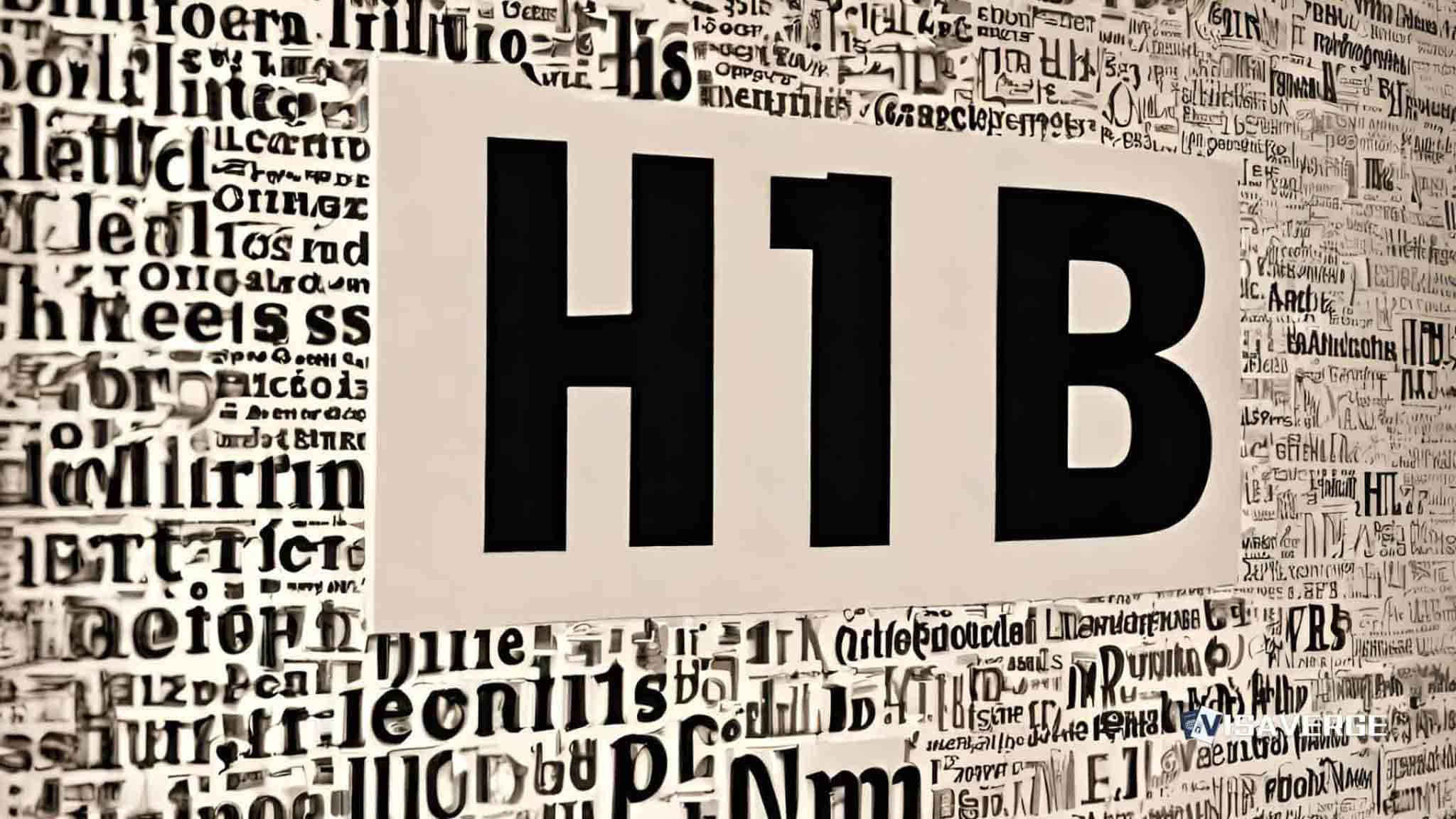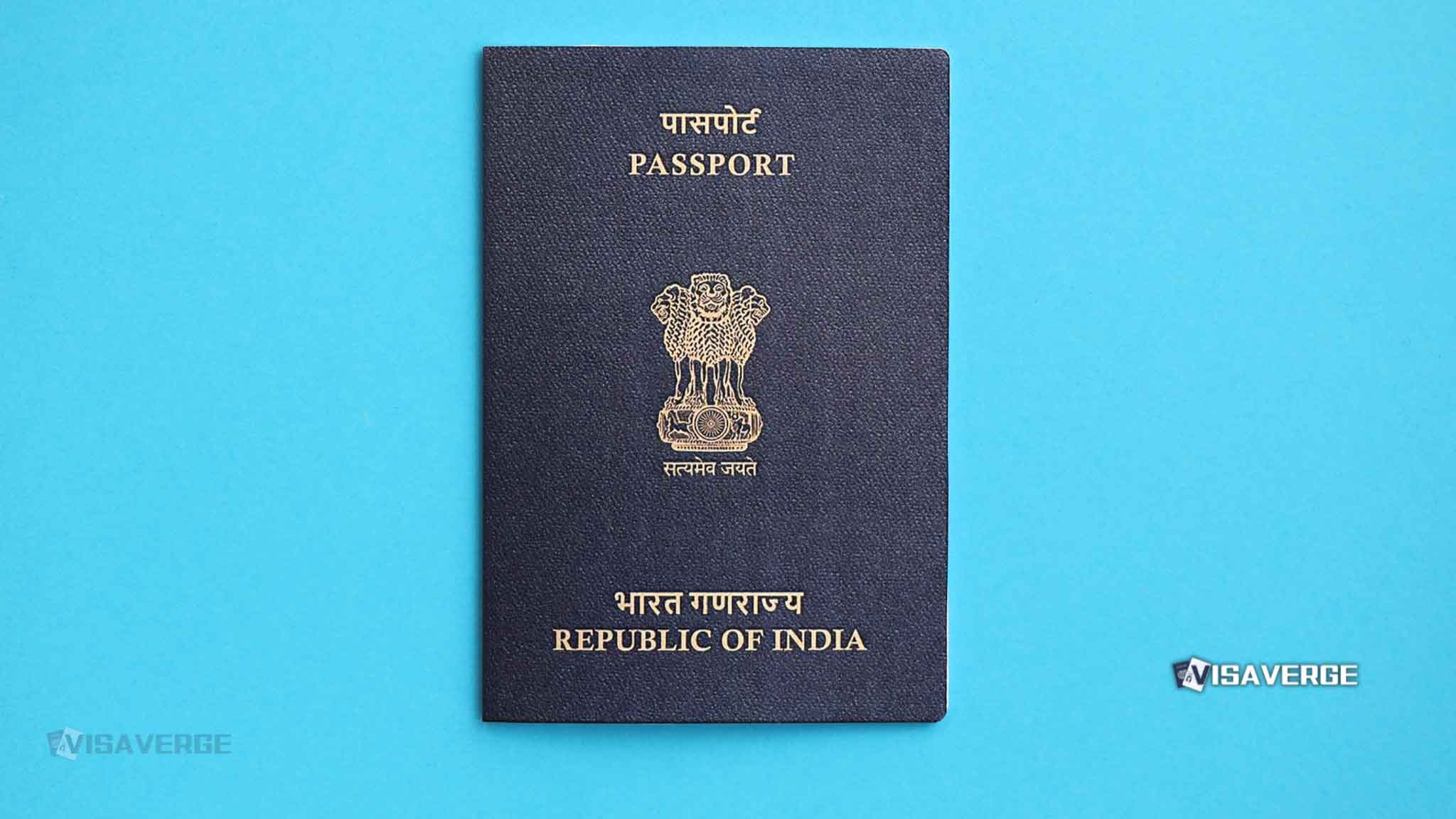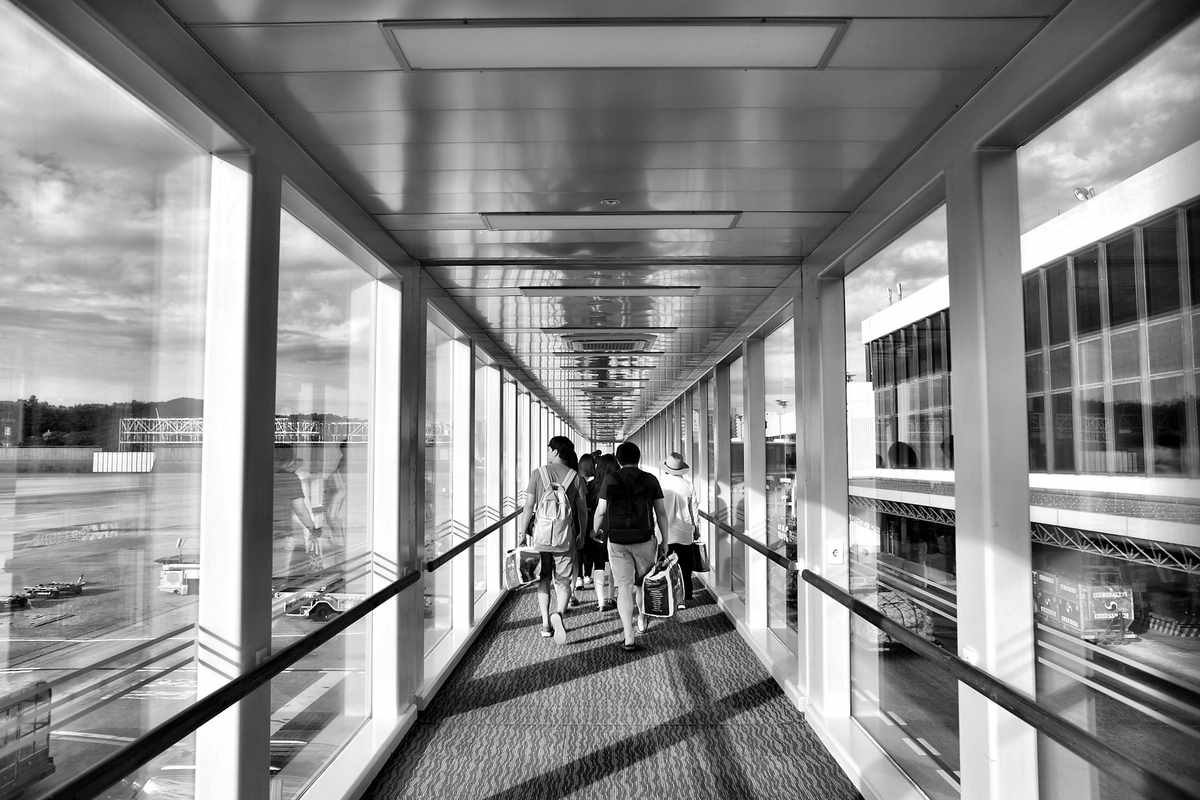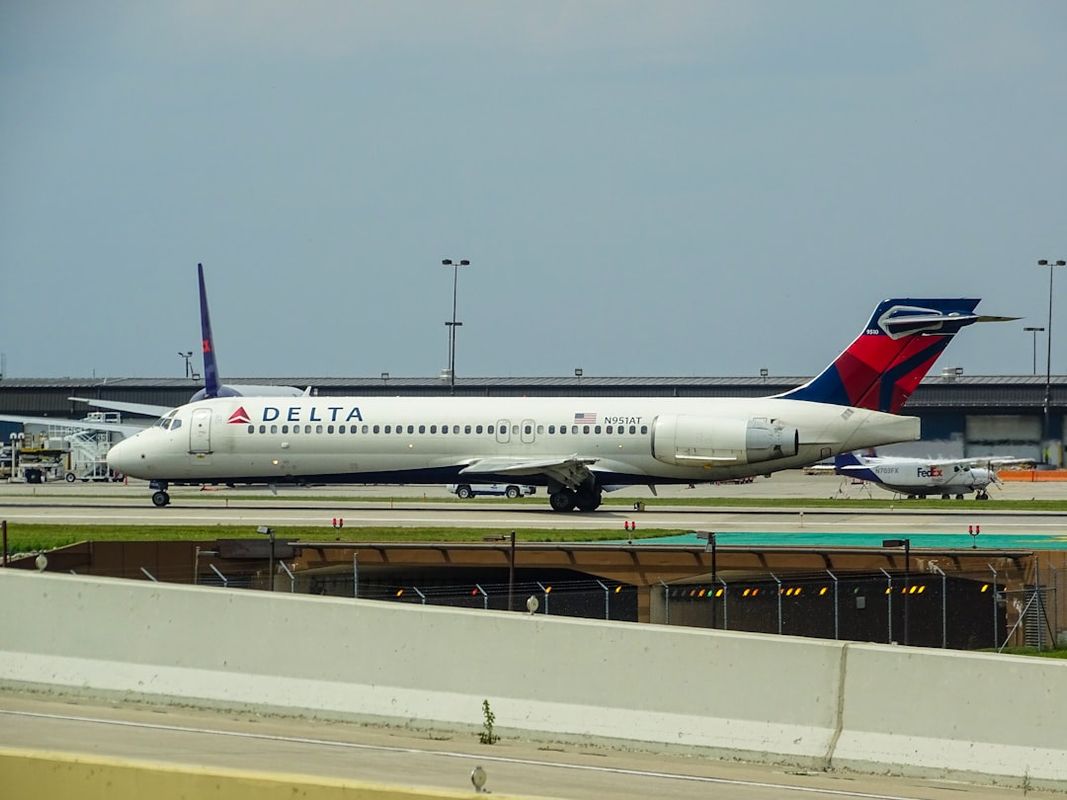(UNITED STATES) Investor Kevin O’Leary warned that a proposed jump in the H-1B fee from $10,000 to $100,000 for new applications would undercut U.S. innovation and push top engineers and founders to rival countries. In a post on X, O’Leary said the plan, advanced under President Trump, would make it too costly for startups and many growing companies to hire the talent they need, even when those skills are scarce in the United States.
He argued that countries such as India and China would benefit as skilled workers choose more welcoming markets.

White House Rationale and Parallel Policy
The White House has defended the idea through Press Secretary Karoline Leavitt, saying the $100,000 charge is a one-time fee for new H-1B petitions, not renewals. The stated goal is to prioritize American workers and reduce reliance on immigrant labor.
At the same time, the administration announced a $1 million “gold card” residency program for wealthy investors — another signal that the government wants to shift how the country selects newcomers.
O’Leary’s Argument on Long-Term Technology Leadership
O’Leary, a well-known voice on business and investing, tied the proposal to the country’s long-term edge in technology.
He said many landmark companies — citing Apple, Google, and Oracle — grew by hiring skilled people from abroad when they couldn’t fill roles at home. In his view, today’s steep H-1B fee would have made that growth far harder, especially in the early years when cash is tight and teams are small.
He also pointed to the pipeline of international students at elite schools. If the United States pays to train them at places like MIT and Harvard, he said, the smart move is to let them stay, marry, work, and build companies — rather than “training them and kicking them out.”
That message goes to the heart of the H-1B system, which allows U.S. employers to petition for workers in specialty jobs that usually require at least a bachelor’s degree.
Current Costs vs. Proposed Fee
Today, the total H-1B fee burden often ranges from about $2,000 to $5,000 across existing government charges (not counting legal and recruiting costs). A jump to $100,000 would be a dramatic shift in cost, and—critics say—one felt most by startups and small firms with limited budgets.
- Large companies could more easily absorb the cost, but they might:
- Cut the number of hires, or
- Shift work overseas to save money.
According to analysis by VisaVerge.com, the fee proposal signals a sharp change in how the United States values foreign professionals who help drive U.S. innovation. The outlet notes that such a high H-1B fee could shrink the candidate pool, especially in fields like artificial intelligence, chip design, and biotech, where employers already report shortages.
O’Leary echoed that theme, warning that the winners would be nations ready to welcome those same workers.
Policy Details and Process
- The proposed $100,000 charge would apply a single time to new H-1B petitions, not to extensions.
- Officials say the purpose is to reduce dependence on foreign labor and open more roles to U.S. workers.
- The administration introduced a $1 million investor “gold card” track in parallel, aimed at attracting capital.
Employers file the H-1B through Form I-129, Petition for a Nonimmigrant Worker. For readers checking the official process or requirements, see the USCIS page for Form I-129, Petition for a Nonimmigrant Worker. This is the core petition employers use to request H-1B status for new hires.
Industry Reaction and Global Competition
Reaction from the tech sector and former H-1B holders was swift. Many said the change would “price out” a large share of international talent from U.S. opportunities, especially younger engineers and early-career researchers.
- Over 70% of existing H-1B holders are Indian nationals, so the effect would hit Indian professionals hardest by volume.
- O’Leary argued the policy would not “help America” if the result is simply pushing those workers — and the companies they might build — to India or China.
Critics also worry about second-order effects:
- Venture capital investors often seed startups that rely on a few highly skilled engineers in areas like machine learning or cybersecurity.
- If hiring even one foreign expert comes with a six-figure government cost, founders may:
- Form the company in Toronto or Bangalore,
- Build remote teams in lower-cost hubs, or
- Shift operations overseas.
- Those moves could weaken the United States’ role as a launchpad for the next wave of tech firms.
Supporters of the plan say raising the H-1B fee is a way to:
– Ensure employers first try to hire locally,
– Make employers pay to access global workers when they truly can’t fill a role, and
– Slow perceived overuse of the program.
They view the investor “gold card” as bringing in job-creating capital. The administration’s message, delivered under President Trump, is that Americans should not be pushed aside in their own job market.
Opponents counter that the United States does not gain if hiring simply moves offshore. They point to past eras when strict rules reduced the country’s draw for top students and founders, while other countries moved quickly to open pathways:
- Canada has courted H-1B workers with easy work permits.
- India is building major R&D centers.
- China continues to invest heavily in research and advanced manufacturing.
If the U.S. bottlenecks entry, the ecosystem adjusts — just not in America’s favor.
Real-World Examples and Fairness Concerns
Real-world examples help explain the stakes. Consider a seed-stage robotics startup in Boston with seven employees that needs a Ph.D. controls engineer this year — not in 18 months — because the company is racing a competitor.
- With a $100,000 H-1B fee, that hire may be out of reach.
- The founder could:
- Move the technical team to a lower-cost country,
- Form a new entity abroad and grow there.
- Years later, if the company succeeds, the jobs and intellectual property may sit outside the United States.
There’s also the question of fairness for students trained in the U.S. Many pay full tuition, join labs, and co-author papers that lift American universities. O’Leary’s point is simple: if the U.S. has already invested time and faculty mentorship, it makes little sense to block those graduates from staying to build companies and hire Americans.
Employer Response and Practical Planning
For employers, the practical planning question is how to respond if the fee becomes law. Potential actions include:
- Budgeting earlier for potential H-1B costs,
- Prioritizing truly hard-to-fill roles for H-1B sponsorship,
- Expanding recruiting efforts for U.S. workers, and
- Exploring alternative visa categories (though many are narrow or tied to nationality).
The H-1B remains the main path for specialty roles, which is why a steep fee change would ripple across the job market.
“America’s lead in technology is not guaranteed.”
Local training takes time. Global competition is moving fast. A fee that makes it harder to hire the best people could slow the country’s edge in research, patents, and company creation.
As O’Leary put it, the worry is not about helping India or China — it’s about whether the United States 🇺🇸 keeps the talent — and the ideas — that fuel growth.
This Article in a Nutshell
The administration has proposed raising the one-time fee for new H-1B petitions to $100,000, a dramatic increase from the current combined government charges of roughly $2,000 to $5,000. Proponents say the move would prioritize U.S. workers and ensure employers try local hiring first; the administration also unveiled a $1 million investor “gold card.” Critics, including investor Kevin O’Leary, warn the fee would price out startups and small firms, shrinking the candidate pool in critical fields such as AI, chip design, and biotech. They argue the policy risks driving talent and company formation to competing countries like India and China, undermining long-term U.S. innovation. The proposal applies only to new petitions, not renewals, and employers should monitor USCIS guidance and consider contingency planning if the rule advances.













